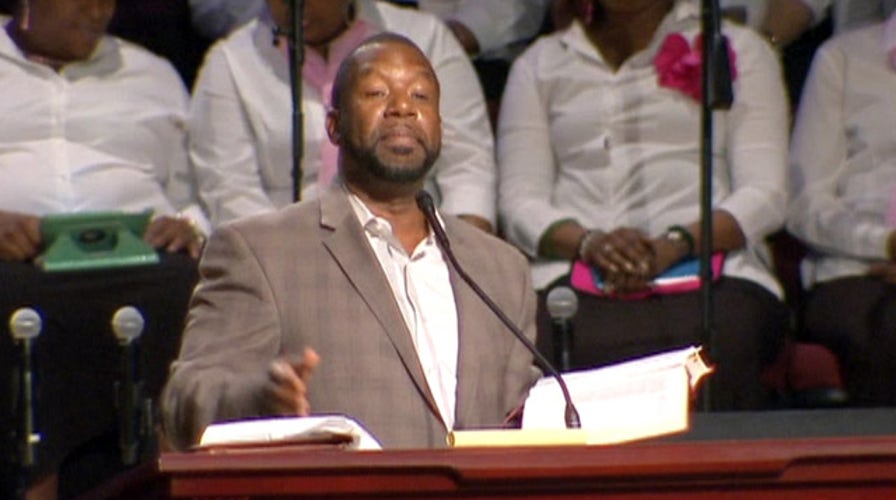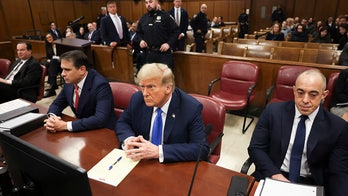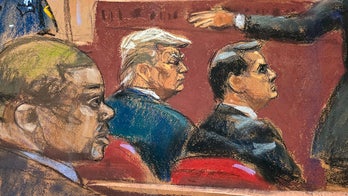The choir sang hallelujah as the congregation of 15,000 clapped and sang along. Reverend James Meeks ratcheted up the intensity of his speech. “Man looks at the outside,” he shouted rearing his head back. “But God looks at your heart! Are you with me here?”
Judging by the response, Meeks had the faithful at Salem Baptist Church hanging on his every word.“One hundred percent with Reverend Meeks,” said parishioner Eugene Harris outside the mega-church on Chicago’s fiercely Democratic South Side.
Meeks is careful not to preach politics from the pulpit. That doesn’t mean he does not have a political side. This former state senator is active as a leader in Chicago’s African-American community and also has considerable political clout.
This gubernatorial election he is not throwing that clout behind the Democrat, incumbent Governor Pat Quinn. Instead, Meeks is lining up behind Bruce Rauner, the wealthy Republican businessman from Chicago’s predominantly-white North Shore.
“The Democratic party just assume always that 97 percent of the African-American vote will go to the Democratic party. If that assumption is true, they never have to work for our vote,” Meeks said.
He speaks of the gun violence that plagues Chicago’s West and South Sides, the poverty and the appearance that there is no end in sight. “Our schools are still broken and getting worse. We’re last in employment or business. Our neighborhoods are deplorable,” says Meeks. “And we still get the same promises from the Democratic party, but we don’t get any deliverable. I think it’s time we should look at another candidate.”
Chicago political analyst Thom Serafin says few Republicans have been able to win statewide in Illinois without collecting 20 percent of the city vote. To do that, a candidate must win a significant portion of the African-American vote. Serafin believes Meeks can deliver. “He understands what it means to turn out the vote here in the city. He is well respected,” he said.
Serafin also believes Meeks can avoid a backlash for breaking ranks with the big Democratic machine in Chicago, because he came up from the street and proved his mettle, both in politics and at the pulpit.
“If you are going to challenge Reverend Meeks, you better have both feet planted on the ground. There aren’t too many people that are able to do that here in this city,” says Serafin.
Meeks hopes to open some ears of black Chicago voters that would otherwise be deaf to a wealthy Republican.
“It does make me think twice. Maybe he knows a little more than I do, ” says parishioner Natasha Harris.
Rauner has already had an opportunity to speak to the faithful at Salem Baptist and Meeks is talking with other pastors about getting Rauner to speak to more African-American congregations.
“I would hope that I would get a chance to influence a lot of African-Americans to look at how we, as a voting bloc, [are] being taken for granted,” Meeks says.





